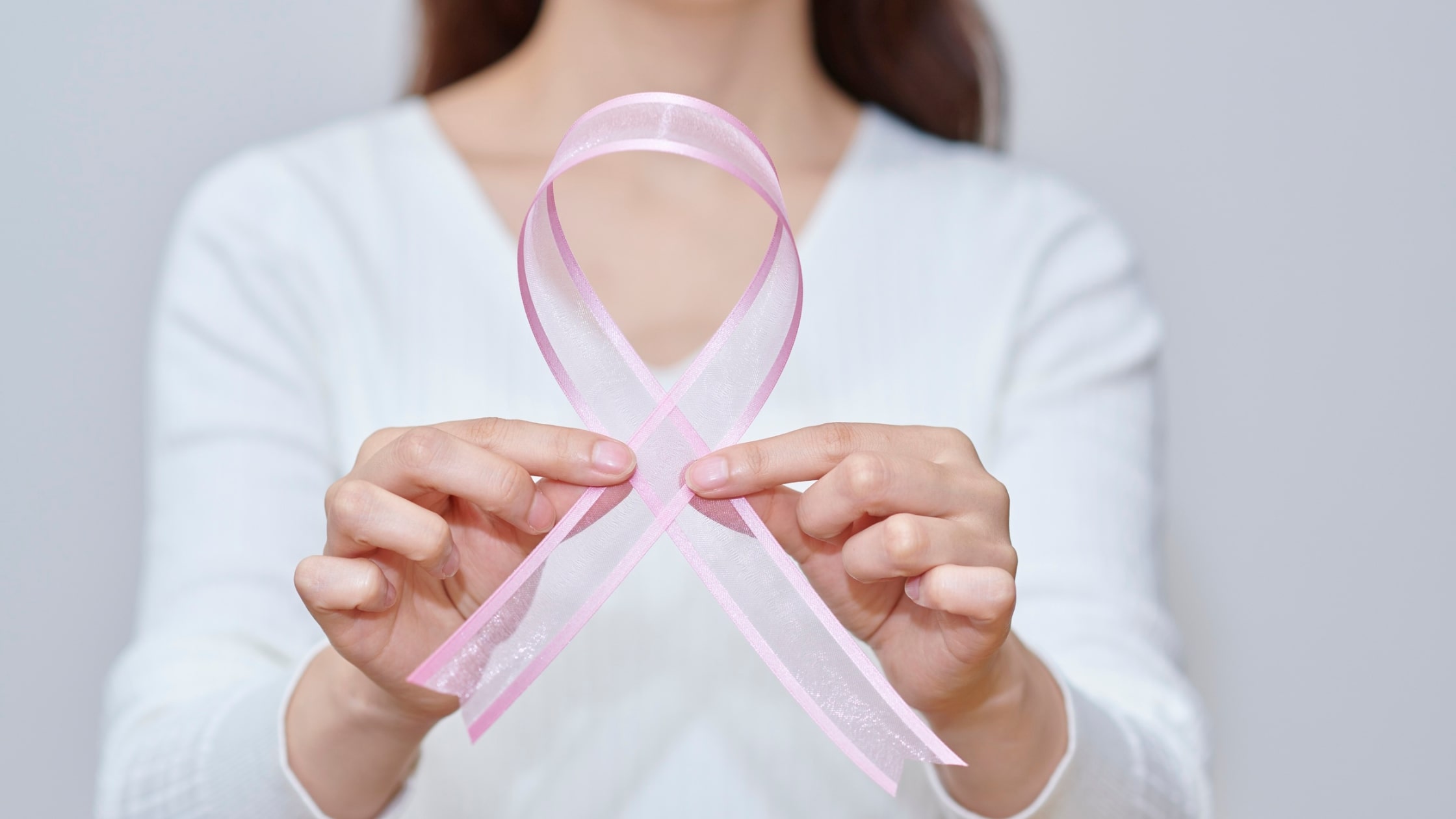Being told you have breast cancer is a moment that changes everything. It’s natural to feel overwhelmed, scared or unsure of what to do next. While no two journeys are exactly the same, there are clear steps you can take in the early days that will help you feel more informed, supported and in control. Reliable guidance can improve outcomes and reduce stress levels, both of which are extremely important after a cancer diagnosis.
Pause and Take Time to Process
Hearing the words “you have breast cancer” is life-changing. In those first moments, give yourself space to breathe. It’s okay to feel a wide range of emotions—fear, sadness, anger or even numbness.
Having a support system is crucial. Surround yourself with people who care about you. Whether it’s family, close friends, a support group or a professional counselor, having emotional support can help you process what’s happening and help you think clearly about next steps.
Understand Your Diagnosis
Once you’re ready, take time to learn about your specific diagnosis. If you don’t have a medical background, many reports can be confusing, so be sure to ask questions.
Start by asking your doctor to explain your pathology report in simple terms. Key terms to understand include the “stage” of the cancer, hormone receptor status and tumor size and type. Bring a notebook to your appointments or ask if you can record conversations (with permission) so you can review later. Don’t be afraid to ask the same question more than once. This is your health, and you deserve clear answers.
Get Organized
As you begin scheduling tests, treatments and consultations, keeping track of everything will help reduce stress.
- Create a binder, notebook or digital folder for your forms
- Keep all test results, doctor notes and contact information in one place
- Write down questions as they come up, so when you have an appointment you are prepared
Being organized can help you feel more prepared and confident at each step, giving you peace of mind.
Build Your Care Team
An important thing to remember after a diagnosis is that you do not have to face this alone. In addition to your loved ones, your healthcare team is there to guide and support you every step of the way.
Typical care team members may include your primary doctor, breast surgeon, oncologist, radiologist and nurse navigator or patient coordinator. Identify a main point of contact—this is often the nurse navigator—who can help you schedule appointments, explain paperwork and connect you with helpful resources. They will be your guide and advocate throughout your treatment. Having a clear go-to person can make the process feel less overwhelming and help you stay focused on what’s next.
Focus on What You Can Control
It’s natural to feel uncertain after a diagnosis, but focusing on small, manageable steps can help you regain a sense of control.
Prioritize things that nurture your physical and emotional well-being like eating balanced meals, getting enough rest, gentle movement like walking, staying connected to people who uplift you, and making time for calming or joyful activities. Remember, you don’t have to handle everything at once. Taking care of your body and mind, one day at a time, is an important part of healing.
You Don’t Have to Do This Alone
A breast cancer diagnosis is life-altering, but you are not alone. By surrounding yourself with support, staying informed, and taking small, intentional steps, you can move forward with strength and confidence.
At the Southwoods Center for Breast Health, we’re here to support you through every stage with compassion, advanced technology and personalized care. From diagnosis to recovery, Southwoods is dedicated to helping you feel informed, empowered and cared for every step of the way. Contact the Southwoods Center for Breast Health at 330-965-5100 to speak with a nurse navigator and learn more about your next steps.



